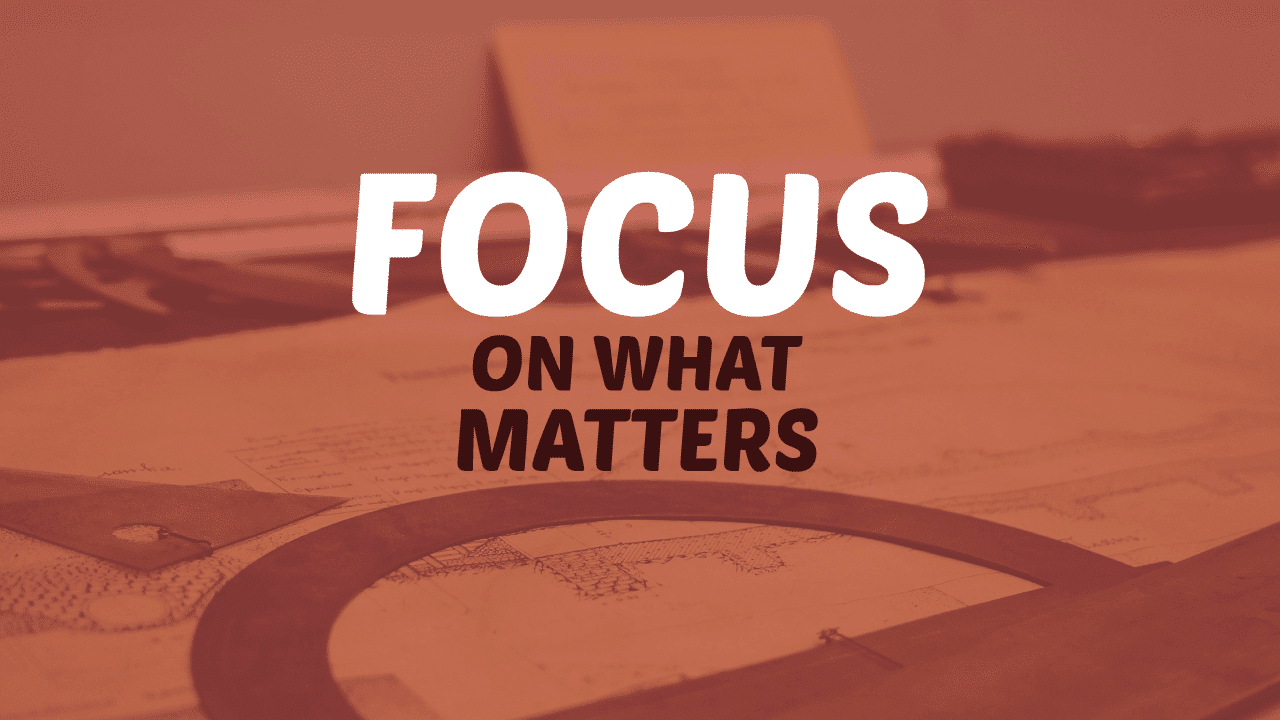It’s natural to try to break down poker scenarios into groups so that you’re studying one type of situation at a time. A player might decide to take a week to focus on continuation betting, another week on 3-betting before the flop and another week after that to study double barreling. While this is a natural way to try to work on general ideas, a better way is to try to break down a situation to the specific elements that make up a poker hand. When you do this, you’ll find that many scenarios you thought were different are actually very similar.
Leading the Flop vs. Continuation Betting
Suppose an opponent raises before the flop in the cutoff, and you call in the small blind. It’s heads-up to the flop, and you have the option to lead with a bet. If you try to decide if this is a good idea, a lot of thoughts come to mind that have to do with leading streets when you weren’t the aggressor on the previous street, etc. However, a lot of these thoughts are distractions from what really matters.
Consider a different situation. You raise pre-flop from middle position, and an opponent on the button calls. You’re the only two players to see the flop, and now you have the opportunity to make a continuation betting. In the minds of most players, continuation betting is a different topic than leading, but how different are they really?
Think about the elements of each situation: You have a range, your opponent has a range, and you’re out of position in a heads-up pot on the flop with a certain stack-to-pot ratio. When you think about things along these lines, you’ll see that a lot of what you’re focused on in your decision-making process is really not what matters at all.

Is Initiative an Illusion?
Initiative is the main difference between the continuation betting scenario and the flop lead scenario above. This means that we were the aggressor on the previous street in one of these spots, but we weren’t in the other. If you break down each situation in terms of the real elements of poker, you’ll see that initiative doesn’t actually come into the equation except for how it affects our opponent’s strategies.
And this gets to the crux of the situation: Thinking about our opponent’s range and our opponent’s strategies with that range is much more important than thinking about initiative. The former allows us to make actual decisions that we can back up with logic and reasoning, and the latter is a distraction that works as a mental crutch that prevents us from thinking about why we’re actually doing something.
Initiative isn’t an illusion in the sense that it doesn’t affect the strategies of our opponents. However, that doesn’t mean that it’s this basic, critical thing that supercedes thinking about your opponent’s play. You can very easily be blinded by relying solely on abstract concepts like this, and it can contribute to a very real lack of clarity in your thinking.
So your homework is this: write down 3 elements of your game that you want to work on. Maybe your list is:
1. 3betting AQ
2. Stealing 10% more often
3. Folding 10% less often when facing a CB
Focus on number 1 this, number 2 the week after, and number 3 the week after that. And make that your major focus when studying hands or reading up on concepts. So for this week, assuming you wanted to work on 3betting AQ, you’d do some researching on 3betting value hands thinner. You’d work to find out when AQ is a value 3bet vs a bluff 3bet. You’d work on understanding blockers and also how this hand would be played on the flop if your 3bet got called. This gives you a clear way to focus on the task at hand and this focused work will make you a more powerful opponent over time.
Good luck out there, and enjoy the exploration!
